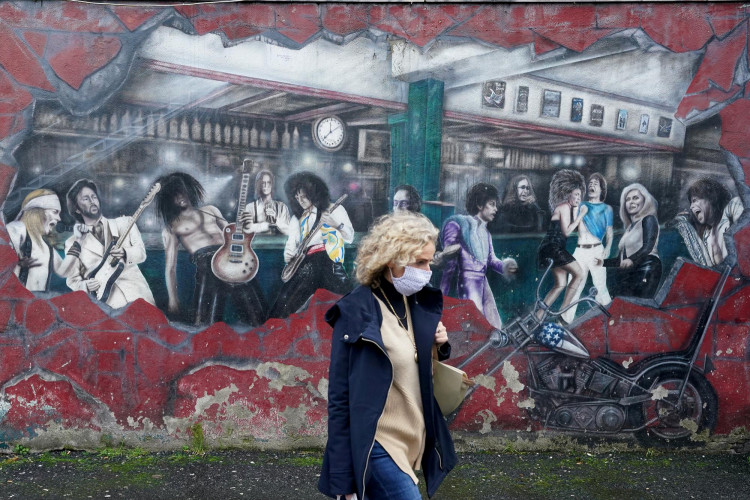China's "zero tolerance" strategy in containing outbreaks of the coronavirus has left more than 13 million people largely stranded inside their homes in two major cities. Residents of the city of Xi'an, which was placed under lockdown late last month, and those in Yuzhou, which was placed under lockdown Tuesday, are now reportedly experiencing shortages of food and basic needs.
Residents and business owners in Xi'an are now entering into their third week of strict COVID-19 lockdown. Some residents are now starting to complain about how difficult it is becoming to find food and basic necessities as they continue to be confined to their homes.
On Tuesday, health authorities placed the city of Yuzhou in China's Henan province under the same lockdown after they discovered just three asymptomatic cases. The Chinese government is under a lot of pressure to contain any new spread of the disease as the country prepares to host the upcoming Beijing Winter Olympics next month.
Residents have largely complied with the government's tough measures, but some have started to complain. One resident published a post on social media explaining her situation, stating that it has been days since she has been out of her home. The resident also explained how it was now getting difficult to order food and other necessities online.
Under the lockdown rules, residents are only allowed to go out of their houses once every two days to buy groceries. In some districts, the restrictions are more stringent depending on the number of recorded cases. Residents in districts with high case counts aren't allowed to leave their homes at all, and they must have their needs delivered to them instead.
The State Council's epidemic prevention and control team admitted that there might be some supply pressures in some communities in the locked-down cities. Officials assured residents that the government would be going "all-out" to ensure that there are enough resources to provide everyone with their basic daily needs.
Previous outbreaks were swiftly contained thanks to China's "zero tolerance" approach of quarantining every case, mass testing, and attempting to stop new infections from overseas. The lockdowns, on the other hand, are considerably more severe than anything seen in the West, and they have had a significant impact on the economy and the lives of millions of people.
Residents have been allowed to return to the two cities but are not able to leave and must self-isolate at home since the regulations were implemented. On city roadways, only emergency vehicles are permitted. A number of restaurants, sports facilities, and other enterprises have been ordered to close, and marketplaces can only provide essentials.





